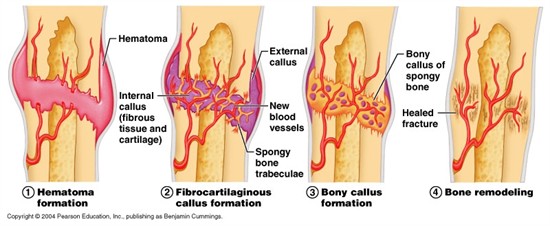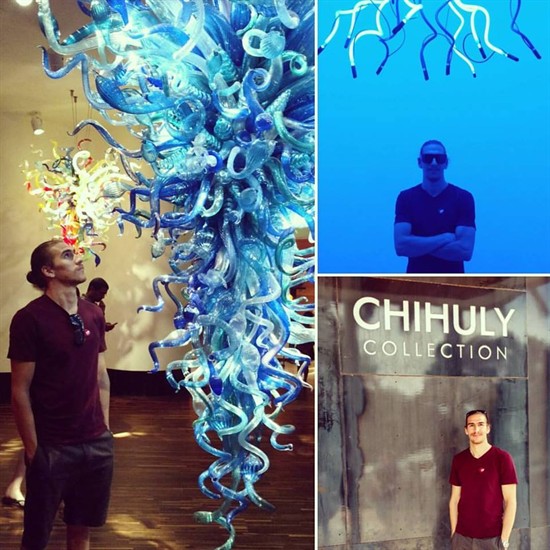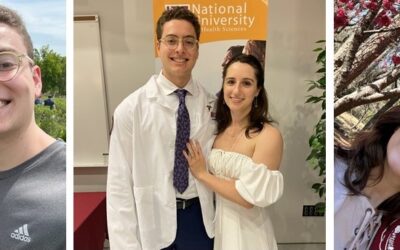So a week ago, I sustained a fracture to the left angle of my mandible. I visited a maxillofacial surgeon and had my jaw wired shut. Prior to the procedure, I was seen by a physician’s assistant at an urgent care facility where they gave me ibuprofen, tramadol, and amoxicillin — the first of the three many should recognize as one of the most common pharmaceuticals in the United States.
Ibuprofen is a Non-Steroidal Anti-Inflammatory Drug or NSAID. Ibuprofen works by inhibiting all three Cyclooxygenase (COX) enzyme pathways. By blocking all three COX pathways, ibuprofen reduces fever, pain, inflammation, platelet aggregation (though less than aspirin), and GI mucus secretion. Tramadol is an opioid analgesic. Opioids work by changing the way our brains perceive pain by blocking opioid receptors. Amoxicillin is a broad-spectrum antibiotic. It kills a wide variety of bacteria many of which may be pathogenic or disease causing. I am mentioning my prescriptions because I want to share some research and my own opinion on the state of our healthcare today.
As I do with any and all topics that interest me, I researched the positives and negatives of these pharmaceuticals in relation to fracture healing. I found many fascinating articles and I want to share the results of them with all of you. First, the obvious non-pharmaceutical substances you should avoid. Ever since I broke my jaw, many people have said, “Well at least you can still drink!” It was obvious they were referring to alcohol, and while it is true I can still consume alcohol, it is definitely something to avoid when your body is repairing a fracture. It is common knowledge among medical professionals that alcoholics are more prone to fracture due to decreased bone mineral density.
But what about those of us who are not alcoholics and just drink on occasion? While not as bad, any alcohol during the repair phase could be detrimental according to this study: Acute alcohol exposure impairs fracture healing and deregulates B-catenin signaling in the fracture callus. Lauing et al. 2012.There are four phases of fracture repair, hematoma formation (blood clotting), fibrocartilaginous callus formation, bony callus formation, and bone remodeling. In the study, the rats were either given alcohol or saline every day for a week. The group that was given alcohol had a significantly smaller callus formed, thus a delayed healing response.

In addition to alcohol, smoking and junk food should be avoided during fracture healing due to the plethora of damage both do to the body. There is a lot of controversy about the use of NSAIDs while a patient heals from a fracture. I came across a few studies that were inconclusive and others that were in complete opposition to the use of NSAIDs specifically ibuprofen and aspirin during fracture healing. For this topic I found a review of studies that included a couple of clinical studies as well as numerous animal studies. Since the evidence is literally all over the place, there is no definitive causation established, however, there is an association and therefore should be avoided if possible. NSAIDs and fracture healing. Geusens 2013. Due to the current evidence, I did not take my NSAID regularly; I took it as needed.
Antibiotics are generally considered safe by many physicians, and one would think there would be no concern when dealing with fracture healing. There have been studies that show a delayed healing response in animals when given certain antibiotics, and though all antibiotics are not the same, it is also safe to assume until there is sound evidence, any antibiotic could have a similar effect. I personally don’t believe in the overuse of antibiotics unless absolutely necessary. Since I don’t have an infection, and because there is potential for delayed healing, I did not take my antibiotic. A comparison of effects of fluoroquinolones on fracture healing (an experimental study in rats). Tuncay et al. 2005.
Opioid analgesics are also regularly prescribed. I am not a huge fan of opioid analgesics due to the potential for harmful side effects, addiction, and even death. We know what they can do but they also delay fracture healing. This animal study demonstrated significantly weaker callus formation in the group that was given opioids. Postoperative opioid administration inhibits bone healing in an animal model. Chastril et al. 2013. I haven’t taken many of the opioids due to all the possible side effects as well as the chance that it could hinder callus formation.
I did find it amazing how the drugs regularly prescribed for the treatment of a fracture, could possibly delay the healing, lead to non-union, or result in a weaker callus formation thus increasing the risk of reinjuring said bone.

Though I have been caught up healing a broken bone and catching up on schoolwork I missed, I went downtown over the weekend because the Chihuly Collection was having an admission special promotion. It was only $5 for admission so my girlfriend and I took advantage of that fantastic offer. It was an exhibit of blown glass art. Some of the pieces were taller than me; it was amazing! Just another awesome site to see in downtown Saint Petersburg!
That is all for this week, be sure to read my blog next week when I will talk about what I am doing as a patient to potentiate my own healing, the research behind it, and why physicians should be emphasizing nutrition to their patients who suffer from these types of injuries.
If you have any questions please email me at [email protected].




0 Comments